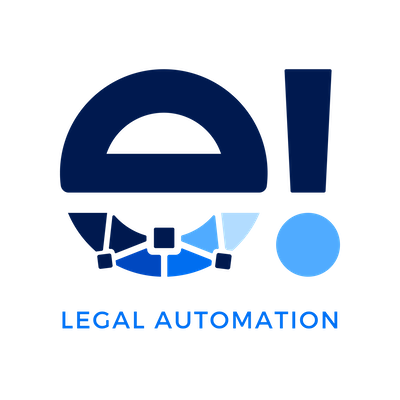LegalTech aims to address the challenges faced by many in accessing justice. While it’s a fundamental human right for everyone to have the opportunity to seek legal redress when wronged, several barriers exist in numerous countries. These obstacles range from the high cost of legal services and the intricacy of the legal system to a general lack of awareness about one’s legal rights.
LegalTech is the use of technology to improve the delivery of legal services. This can include anything from using online platforms to provide legal advice to using artificial intelligence to automate legal tasks.
LegalTech has the potential to significantly improve access to justice. By making legal information more accessible, automating legal tasks, and connecting people with lawyers, LegalTech can make legal services more affordable and accessible to people who would not otherwise be able to afford them.
The Benefits of LegalTech for Access to Justice
There are many benefits to using LegalTech to improve access to justice. These benefits include:
- Reduced costs: LegalTech can help to reduce the costs of legal services, making them more affordable for people who would not otherwise be able to afford them. For example, online platforms that provide legal advice can be much cheaper than hiring a lawyer.
- Increased efficiency: LegalTech can help to increase the efficiency of the legal process, which can free up lawyers to focus on more complex cases. For example, artificial intelligence can be used to automate tasks such as document drafting and research.
- Improved access: LegalTech can help to improve access to legal services for people who live in rural areas or who have disabilities. For example, online platforms that provide legal advice can be accessed from anywhere with an internet connection.
- Increased transparency: LegalTech can help to increase transparency in the legal system. This can be done by providing users with access to legal information and by making the legal process more accessible. For example, LegalTech can be used to create chatbots that can answer legal questions and to provide users with access to court records.
- Enhanced decision-making: LegalTech can help to enhance decision-making in the legal system. This can be done by providing lawyers with access to data and analytics that can help them to make better decisions. For example, LegalTechcan be used to analyze case law and to identify trends.
- Improved compliance: LegalTech can help to improve compliance in the legal system. This can be done by providing users with access to compliance tools and by automating compliance tasks. For example, LegalTech can be used to create contracts that are compliant with the law and to track compliance with regulatory requirements.

Challenges to Using LegalTech for Access to Justice
While there are many benefits to using LegalTech to improve access to justice, there are also some challenges that need to be addressed. These challenges include:
- Lack of awareness: Many people are not aware of the LegalTech that is available to them. This can make it difficult for them to access the benefits of LegalTech. For example, people may not know that there are online platforms that provide legal advice.
- Digital divide: The digital divide can make it difficult for people who do not have access to the internet to use LegalTech. For example, people who live in rural areas or who have low incomes may not have access to the internet.
- Regulatory hurdles: There are some regulatory hurdles that can make it difficult to develop and use LegalTech. For example, in some countries, there are strict regulations on the use of artificial intelligence in the legal field.
Conclusion
LegalTech has the potential to significantly improve access to justice. However, there are some challenges that need to be addressed before LegalTechcan reach its full potential. By addressing these challenges, we can ensure that LegalTech is used to its fullest advantage to help people access the justice system.






